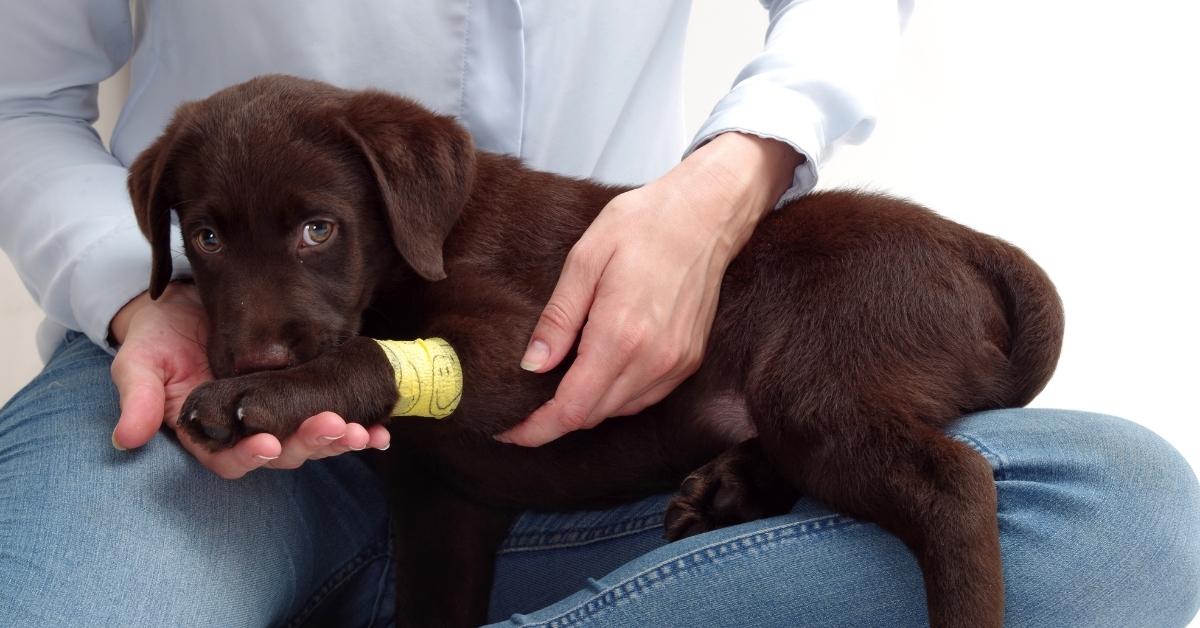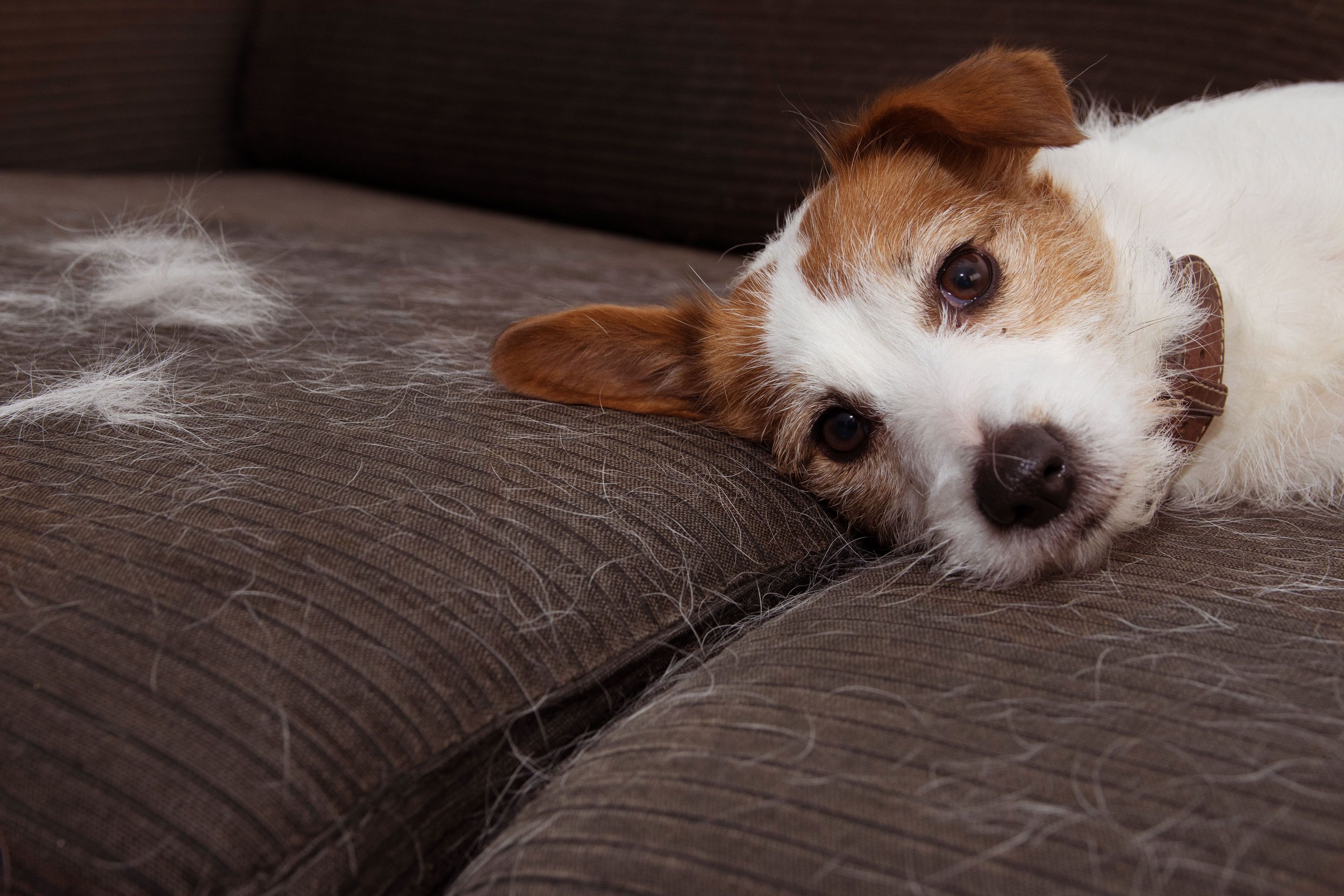8 Tips For Controlling Litter Box Odor
Clean the Litter Box Daily
As a cat parent, you should scoop your litter box at least twice daily. Using a metal scooping tool, you should pick up both poop and wet urine clumps. Make sure you are scooping even the smaller pieces. The longer even the tiniest bits of waste sit in the litter, the more it will smell. Consistently cleaning the litter box will help reduce the smell and help your cat use the litter box since most cats will avoid urine smells.
Wash the litter box every few weeks
Unfortunately, cleaning the litter box daily is not enough to combat litter box smells. After all, you won’t be able to get every speck of urine or other waste with just daily cleaning. To clean out your litter box, dump the old litter and make sure that you also clean the box itself. Soap and water are okay but won’t always remove tough urine odors. You can mix one part of bleach with three parts water to remove the smell, but using harsh chemicals isn’t necessary for saying goodbye to odors. One thing you should not use is ammonia or ammonia-based cleaners, which will only make the urine smell worse.
Use effective cleaning products
Using products that kill the odor, not mask it is important. An easy, safe, and effective option that completely neutralizes odors instead of masking them is OdorOut®.
Developed to eliminate nitrogen-based odors instantly and permanently, OdorOut® uses a proprietary process known as Spontaneous Oxidation-Reduction (SOR), including 100% removal of pet urine odors. Our patented technology is a professional strength formula that disables the malodor molecules and destroys them at the source. OdorOut® contains no bacteria or enzymes and is 100% biodegradable and fabric safe, making it safe to use around your pets and perfect for the litter box!
After you’ve cleaned the litter box, refill it with fresh litter, but not too much, as most cats will stay away from an overflowing litter box.

Replace your litter box
Did you know? Sometimes the litter box itself is the source of your smell. You will want to consider replacing your litter box once a year, especially if it is plastic. Plastic litter boxes, through daily use may get scratches or other surface marks that become breeding grounds for bacteria and hold on to strong odors. If you have done everything you can to control the odor, and it still smells, check the box itself; it might be time to replace it.
Have Multiple Litter Boxes
Especially if you have more than one cat, you should strongly consider having more than one litter box. It might seem like multiplying the number of litter boxes will only add to your odor problems, but that may not be the case. Having more than one litter box may help you in your journey of removing litter box smells.
Typically, cats do not like peeing where another cat has peed. Veterinarians recommend, and it is common practice, to have one extra litter box than the number of cats you have. So, if you have one cat, you should have two litter boxes, two cats, three litter boxes and so on.
The reason being is accessibility. Having an extra box per car allows more options for where to go, more clean litter (remember, cats don’t like going in dirty litter), and access to the nearest bathroom (which can help to cut down on accidents). These are some of the main reasons having more than one litter box is suggested. Of course, there are a lot of other factors to consider when deciding on how many litter boxes to have. These factors can include how big your home is, how many floors your home has, and how many rooms there are in your home. You don’t want your kitty to be unable to reach a litter box in time and have an accident. Another tip is that if you find your cat having accidents elsewhere and only one box is available, you might want to add another box.
Ventilation
Although having a litter box in a small, confined area might work for some, you might want to consider keeping your litter box in a large, well-ventilated area so that you are not trapping the odor for weeks at a time.
Baking Soda
After cleaning and filling with fresh litter, you can always add baking soda to the litter. Baking soda is an all-natural deodorizer, and if your kitty litter doesn’t already include it, you should consider adding it. Avoid using chemicals, sprays, or air fresheners in your cat’s litter box. These can add to the existing smell, irritate your cat’s nose, and even potentially deter them from using the litter box.
Diet
Are you constantly noticing a strong litter box smell even though you keep up with it and follow all of the suggested steps? You may want to reevaluate your kitty’s diet and consult your vet. The food your cat eats can contribute to the smell of their waste. If your cat’s food is full of fillers and byproducts, paired with an unusually smelly litter box, you’ll want to come up with a plan with your vet and take a look at your kitty’s diet.

Bottom Line
Just because you have a cat does not mean that your home has to smell like their toilet. Of course, no cat owner enjoys having a litter box, but there are many things you can do at home to combat the smell of kitty litter and your cat’s litter box. Daily waste removal, a healthy diet, easy access to litter boxes, washing the box regularly, and including OdorOut® in your line of defense is a sure way to rid yourself of embarrassing odors.



